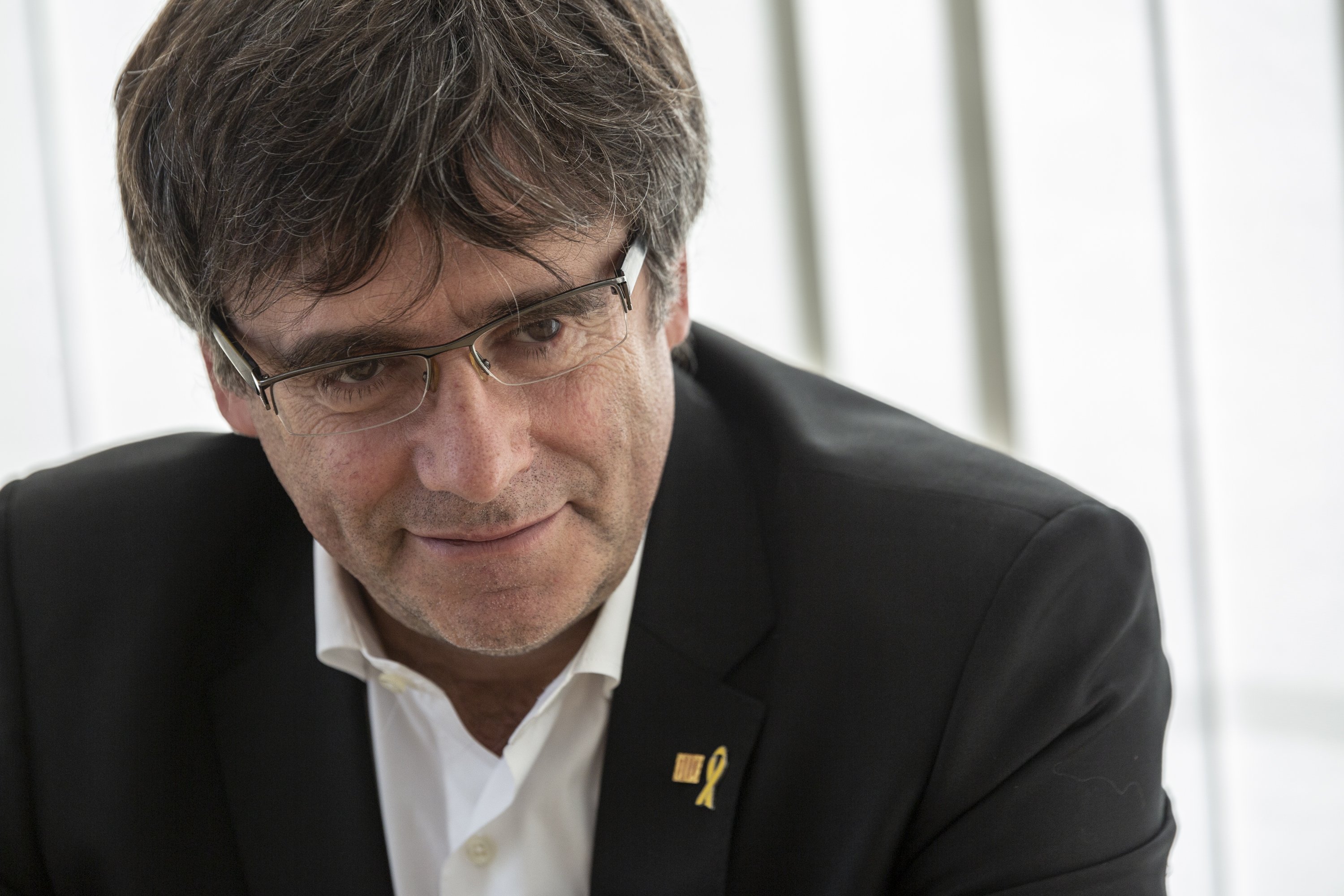The Spanish Supreme Court prosecutors say that the Catalan president in exile, Carles Puigdemont, is in the right with respect to alleged irregularities at Girona's public water company when he was mayor of the Catalan city. They believe he did not commit any criminal offence in his management of the matter.
In a submission leaked by Spanish newspaper El Mundo, the prosecutors have opposed the opening of a criminal case against Puigdemont for this issue, as they do not see evidence of any crime in the management of the water company Aigües de Girona's joint venture firm Agissa, between 1998 and 2013. The document is signed by prosecutors Carmelo Quintana and Fidel Cadena, the latter being one of the four prosecutors who defended the charge of rebellion against the Catalan pro-independence leaders in last year's referendum trial.
The public prosecutors have therefore formed a different opinion to that of the Girona judge who has investigated the case. The Supreme Court prosecutors say they do not find evidence for any crime of malfeasance, misuse of public funds, fraud of public administration, or forgery.
The judge had called for this Puigdemont case to be brought to trial alleging "a cover-up operation" to hide the fact that the council had acquired an art collection from the heirs of Girona art critic Rafael Santos Torroella, through money raised by the establishment of a so-called "initial fee" in the charging structure for the Girona City Council's public water service.
The prosecutors refute the accusation, giving the view that "the diversion of use [of the revenue] to other public purposes only constitutes an administrative infraction due to the application of the criminal law principle of minimum intervention". "The assignation of a different public end for the municipal water fee, carrying out transfers of credit not consented to in the law to other public purposes, neither constitutes unfair administration of public assets with abuse of management powers causing damage, nor does it imply appropriation or theft for himself or for a third party, of money, effects, securities or any other public property by the municipal authority that changes the purpose without abandoning its application to the public sector."
No criminal offence
Thus, the prosecutors' argument continues, Puigdemont's action when he was mayor "is reduced to the acquisition for the Municipal Museum of a collection of works of art" paying part of the cost - 1 million euros out of a total of 3.9 million euros - with the amount received by the city council, "from the funds obtained after extending the concession contracts to the joint venture AGISSA - Aigües de Girona, Salt and Sarrià - for the management of the water rates collection, and which should have been applied to the financing of municipal expenditure related to the water cycle".
The prosecutors agree that there could be a "certain administrative illegality" in having used the water tax "without respecting its purpose and budgetary limits," but rule out that "the resolution has been issued by an incompetent body, nor that the essential rules of procedure have been dispensed with, nor that it is a consequence of the commission of a criminal offence or an expression of one, especially if it is taken into account that the deviation of the public end-use today constitutes only an administrative offence." In the same vein, prosecutors reject the existence of an "artifice" to defraud Girona City Council.
Once the prosecutors' report in favour of ending the process is received, the admission chamber of the Supreme Court will have to decide whether or not to open a criminal investigation against Carles Puigdemont.

